What is bullying? Different types of bullying to look out for and how to help kids
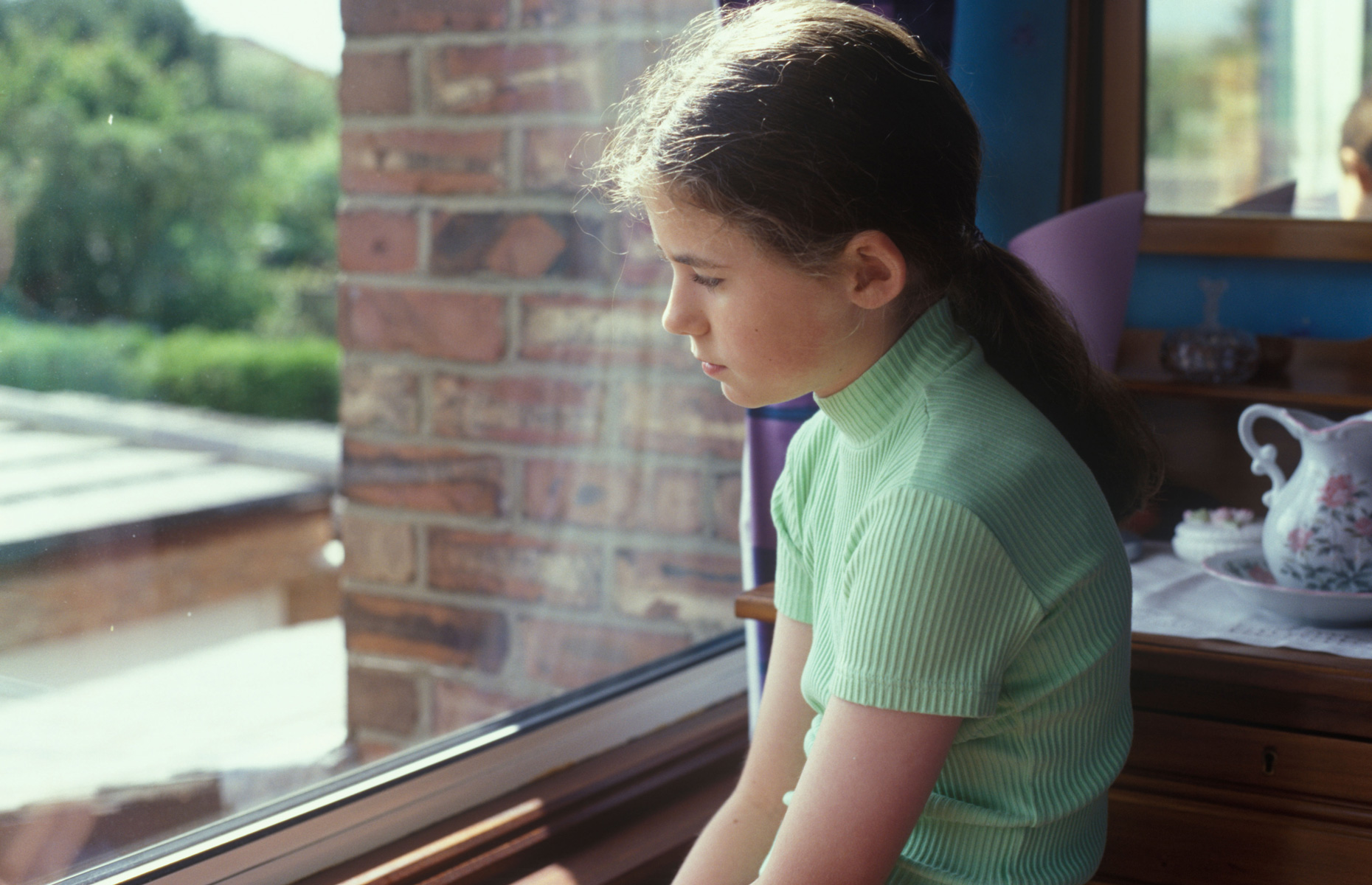

It’s Anti-Bullying Week from 16-20 November and if you or your child has ever been bullied you’ll know how important it is to stand up to all the different types of bullying there are.
Knowing the signs of bullying and what you can do to intervene and help your child can be tough. Anti-Bullying Week is a good opportunity for schools, parents and children to talk about bullying and open conversations on issues spotted and how to address them.
Sadly, bullying remains all too common. The Department of Education estimates that at least one child in every class in the country is bullied daily or weekly, while more than 85% of calls made from tweens and teens to the National Bullying Helpline are about cyberbullying.
Bullying isn’t just something that happens to kids either. It carries on into adulthood and seeps into our workplaces, homes and communities. That's why it’s essential we tackle it sooner rather than later.
Here’s some advice from the experts the different types of bullying, how to help victims and how to stop it.
What is bullying?
Kidscape – a charity that provides children and their carers with advice and practical tools to prevent bullying – defines bullying as: ‘the repetitive, intentional hurting of one person or group by another person or group, where the relationship involves an imbalance of power. It can happen face-to-face or through cyberspace, and comes in many different forms.’
Any sort of bullying can have an effect, and sometimes the consequences are devastating, resulting in low-esteem, self-harm and in some of the worst cases, suicide. “Research shows that if bullying isn't resolved, it can have an impact on a child's physical and mental health, both in the short and long-term,” explains Kidscape’s CEO Lauren Seager-Smith.
GoodtoKnow Newsletter
Parenting advice, hot topics, best buys and family finance tips delivered straight to your inbox.
“This could include higher levels of anxiety and depression, physical illnesses linked to stress such as headaches and tummy upsets, and social phobia. It can impact the ability to make friends and form positive relationships with others.”
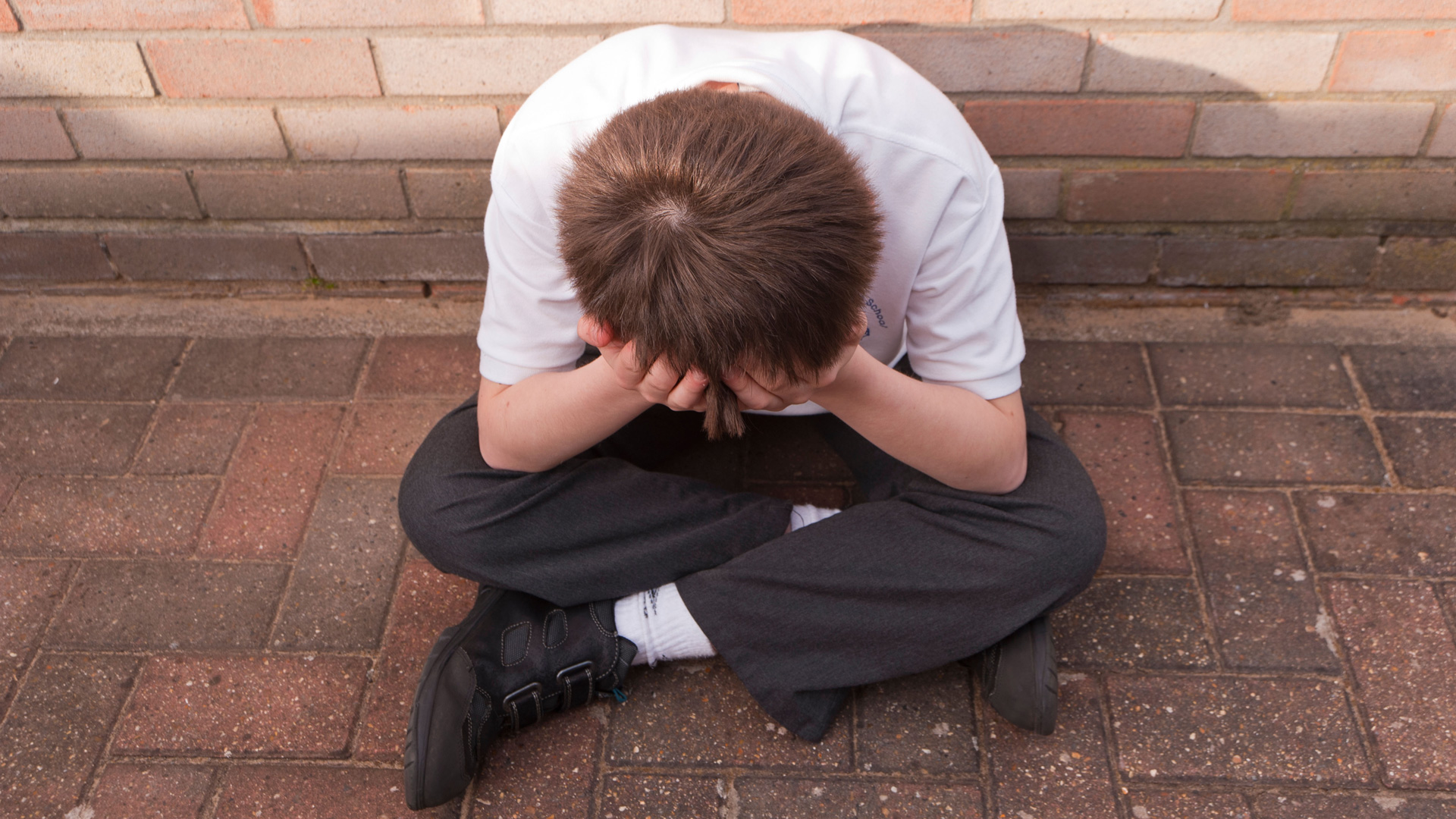
What are the different types of bullying
There are a few different types of bullying. It can take many forms – from exclusion, to name-calling, to hitting. The most common are:
- Cyber bullying - Increasingly common, this form of bullying takes place electronically or virtually, via phones, direct messaging apps and online. Tweens and teens who have access to electronic devices are most at risk.
- Verbal and emotional bullying - Name-calling, regular teasing, putting someone down, threatening or mocking. Also spreading rumours or intentionally humiliating someone. Emotional bullying is similar to verbal bullying but can also include deliberately ignoring or excluding someone. “Most children will be on the receiving end of this type of bullying at some point, and may even bully others,” says Lauren.
- Physical bullying - Any form of physical violence, physically intimidating someone, or persistent unwanted physical contact. This includes kicking, punching, and grabbing or destroying belongings.
What is cyber bullying?
“Cyber bullying is any bullying behaviour through electronic means,” says Lauren. “Typically, it might include hurtful comments and posts, sharing private information about another person, impersonating someone online, threatening someone or encouraging them to harm themselves.”
“Parents need to be aware of what their child is doing online and what apps they’re downloading,” says Christine Pratt, founder of the National Bullying Helpline. “There needs to be an openness between the child and parent, to encourage the child to speak out. Explain that if they’re being blackmailed [with texts or images] what they’ve done is not a crime, but blackmail is."
https://www.youtube.com/watch?v=DOeRmP3XRHg
What is verbal bullying?
“The most common form of bullying is verbal. Think name calling, hurtful comments and 'banter' that crosses a line and is intended to hurt," says Lauren. It can also mean "laughing at someone, spreading lies or rumours, mocking someone's race, faith, age, sexuality, gender, disability, social status or perceived 'difference'."
https://www.youtube.com/watch?v=sdjUFfdJrDU
What is physical bullying?
“While it is common for children to be physical with each other and for there to be a certain amount of rough and tumble, this turns into bullying behaviour when a child or group of children, deliberately and repeatedly hurt another child,” explains Lauren. “This might include hitting, shoving, punching, tripping up, spitting on someone, burning someone, sticking gum in someone's hair, pulling clothes, or touching someone without their consent.”
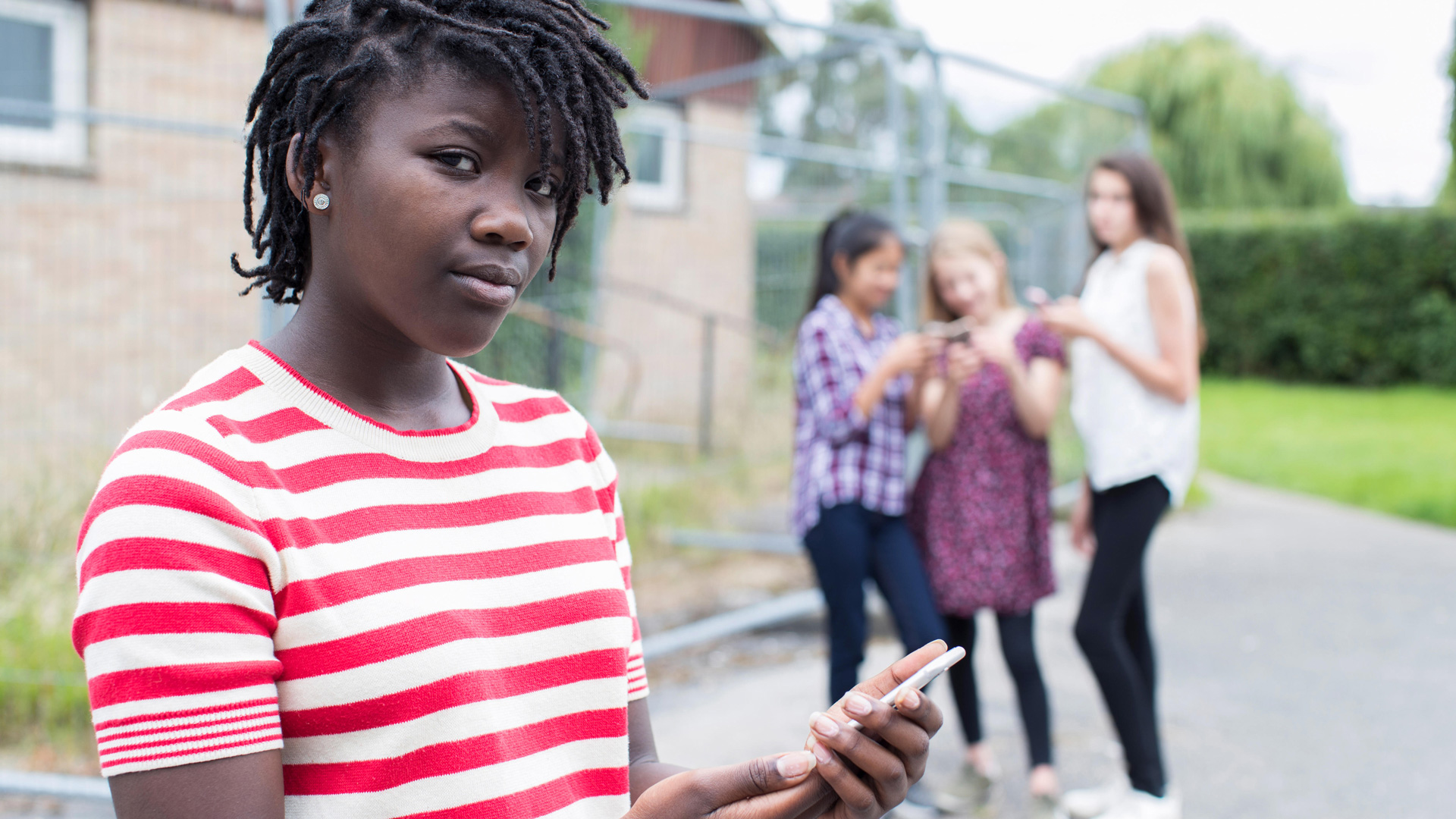
Practical ways to help a bullied child
If you discover that your child is being bullied, you will feel a range of emotions. “The first thing to realise is that your emotions (anger, upset, helplessness and worry) are natural, so try not to beat yourself up,” says parenting coach Simon Benn.
“Stay calm, persistent and focused and take the lead to get it stopped," says Simon. "You can call the police if your child has been physically assaulted. If the attacker is younger than 10, the police may only warn them front of their parents, but this shock can work.”
Simon also suggests the following:
- Go online to and take a look at this process about how to stop bullying at schools and academies.
- Start a diary of when you’re seeing teachers, governors, local authority staff or the police – and log their responses. Keep it clear and factual, with dates and times. Include anything your child has told you, as well as changes in their behaviour, unexplained marks, or proof of bullying.
- Collect evidence of cyber bullying such as emails, texts and screen shots.
- Don’t contact the bully’s parents/guardians, the bully, or tell your child to do anything back. It won’t help the situation.
- Don’t keep your child off school unless you really need to. It can be harder to get them to go back and the school can’t help if your child’s not there. We all face difficult situations in life – it may seem harsh but learning resilience is part of growing up.
Emotional ways to help a bullied child
From an emotional point of view, Lauren advises that we teach kindness, open-mindedness and assertiveness to our kids. “As parents, we can model respectful relationships and praise our children for being kind about others. We can help them to celebrate difference, and teach them simple assertiveness skills so they can calmly and firmly say 'No' or 'Stop' to anyone who is trying to bully them,” she says.
“It can also help to encourage children to keep a diary,” says Christine. “Learning how to document feelings and facts [by logging the bullying] is good practice for the future.”
https://www.youtube.com/watch?v=kOHSHW3viZk
Where to get help for kids experiencing all different types of bullying
These fantastic resources can help with different types of bullying.
- For more advice, visit Kidscape. Parents and carers can call 020 7823 5430 (Mon or Tues, 9.30-2.30pm).
- For more details about how to tackle cyber bullying, visit the Anti-Bullying Alliance website.
- Download the National Bullying Helpline’s Parents Guide or call the helpline on 0300 323 0169. Children can also call this number.

Debra Waters is an experienced online editor and parenting writer. She also has a strong background on health, wellbeing, beauty, and food. She currently writes for Goodto and Woman&Home, and print publications Woman, Woman’s Own, and Woman’s Weekly. Debra has written for What to Expect, Everyday Health, and Time Out. In addition, she has had articles published in The Telegraph and The Big Issue.
-
 The 'incredibly helpful' 30-second rule – liked by nearly 2 million people – that your kid needs to know about
The 'incredibly helpful' 30-second rule – liked by nearly 2 million people – that your kid needs to know aboutThis useful piece of advice is worth remembering for all of us, not just our children
By Adam England
-
 Strong willed teens don’t need to be ‘tamed,’ they need to be nurtured - expert shares how
Strong willed teens don’t need to be ‘tamed,’ they need to be nurtured - expert shares howIt might surprise parents when their strong willed child remains that way into the teenage years - instead of crushing this part of their temperament, an expert shares how to nurture it.
By Lucy Wigley
-
 We ask teenagers what they wish their parents had done differently, and their answers are surprisingly candid
We ask teenagers what they wish their parents had done differently, and their answers are surprisingly candidA lot of parents will wonder if their kids wish they'd done some differently, but never get to find out. We got to ask some teens this question, and here's their candid answers.
By Lucy Wigley
-
 9 things I'm doing to teach my teenage son about 'toxic masculinity'
9 things I'm doing to teach my teenage son about 'toxic masculinity'Influencers are having a worrying impact on young boys' behaviour and attitudes
By Debra Waters
-
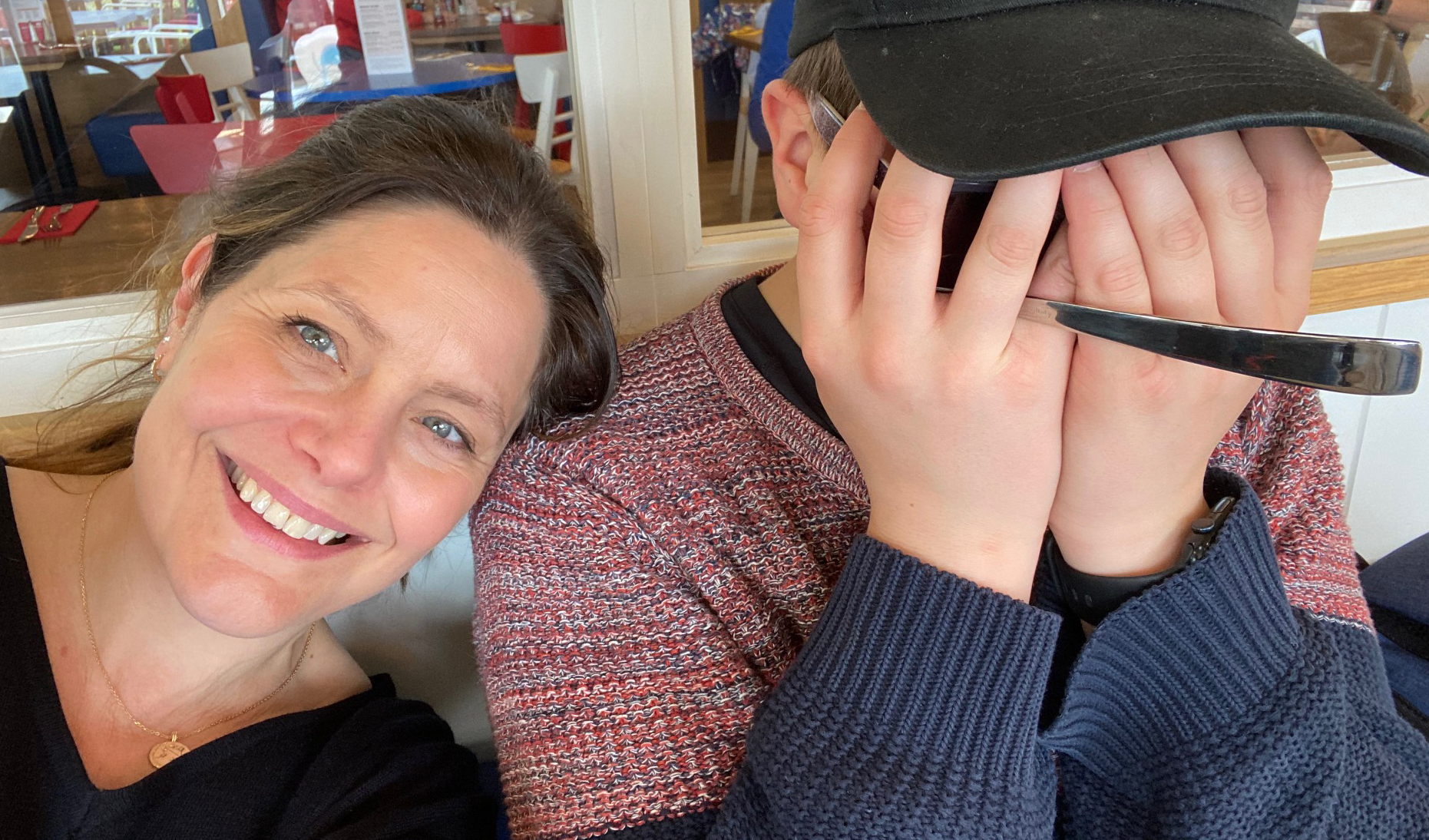 I have a 13-year-old son - here’s what I’ve found most difficult about parenting a teenager, and you might be able to relate
I have a 13-year-old son - here’s what I’ve found most difficult about parenting a teenager, and you might be able to relateMonosyllabic responses from our teenagers may sting, but it's normal
By Debra Waters
-
 What is sadfishing? How to talk to your teen about this online trend, and the impact on mental health
What is sadfishing? How to talk to your teen about this online trend, and the impact on mental healthHave you been wondering what is sadfishing? An expert shares why parents should have a conversation with their teens about this potentially dangerous practice.
By Lucy Wigley
-
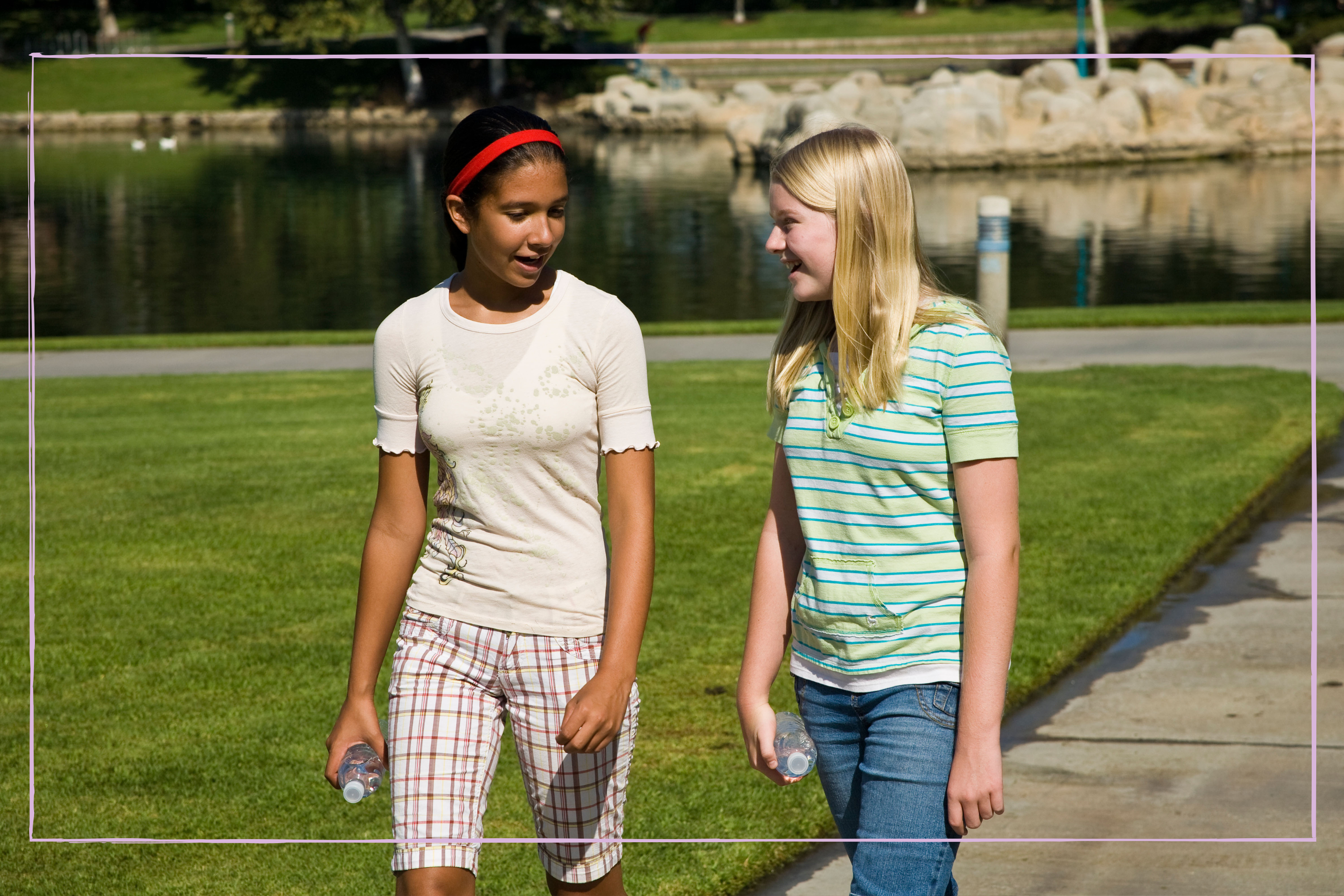 9 ways to let teenagers take positive risks this summer, according to an expert
9 ways to let teenagers take positive risks this summer, according to an expertHelp boost your teen's independence and confidence this summer with these small, manageable risks.
By Adam England
-
 What are 'Mickey Mouse' degrees? Expert reveals why this term is unhelpful for teens making higher education choices
What are 'Mickey Mouse' degrees? Expert reveals why this term is unhelpful for teens making higher education choicesWhat are 'Mickey Mouse' degrees? For teens embarking on those all-important higher education choices, it's an unhelpful term.
By Lucy Wigley